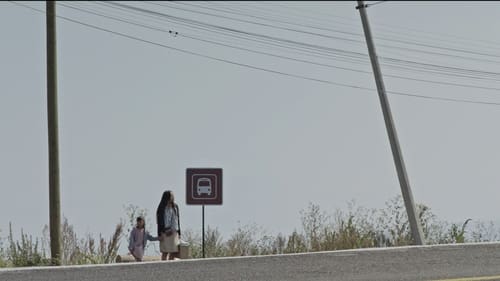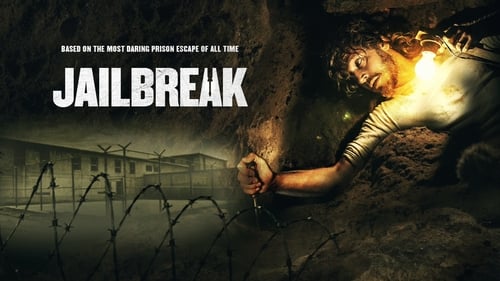Ana Tijoux
Birth : 1977-06-12, Lille, France

Music
Tere travels to sell her napkins with her daughter Flor, who loses one of her new shoes. Tere is forced to leave her alone for a moment, a fact that changes her life completely.

Self
Amid fond memories of the 1990s and the beginning of their respective professional careers, Ana Tijoux, Seo2, Cenzi and DJ Squat tell the story of Makiza, a fundamental band in the history of hip-hop made in Chile. They do not avoid any issue: neither the freedom of their creation, nor the harshness of Chile's democratic transition nor the tensions that led to the end of the group.

Theme Song Performance
During the last years of Pinochet's military regime, a group of militants from the "Manuel Rodríguez Patriotic Front" plan a prison break of political prisoners, through a tunnel that will take them 18 months to dig.

Mss. Pilar
Chile 2006, a country that maintains the same public policies of the dictatorship of Augusto Pinochet. After 16 years in a state of democracy, young chileans still do not see any changes in the education system, so they decide to manifest in the streets starting a movement that finally manages to mobilize a nation.

Genoveva Photograph Recreation
A photograph of an unknown Mapuche great-grandmother is the starting point of this documentary essay. Through the analysis of said picture, conversations with family members, a trip to southern Chile cities, and an actress who re-enacts the photo, we see the existing prejudice against indigenous people.

Vocals
A photograph of an unknown Mapuche great-grandmother is the starting point of this documentary essay. Through the analysis of said picture, conversations with family members, a trip to southern Chile cities, and an actress who re-enacts the photo, we see the existing prejudice against indigenous people.

Theme Song Performance
A photograph of an unknown Mapuche great-grandmother is the starting point of this documentary essay. Through the analysis of said picture, conversations with family members, a trip to southern Chile cities, and an actress who re-enacts the photo, we see the existing prejudice against indigenous people.

Other
A photograph of an unknown Mapuche great-grandmother is the starting point of this documentary essay. Through the analysis of said picture, conversations with family members, a trip to southern Chile cities, and an actress who re-enacts the photo, we see the existing prejudice against indigenous people.

Self







